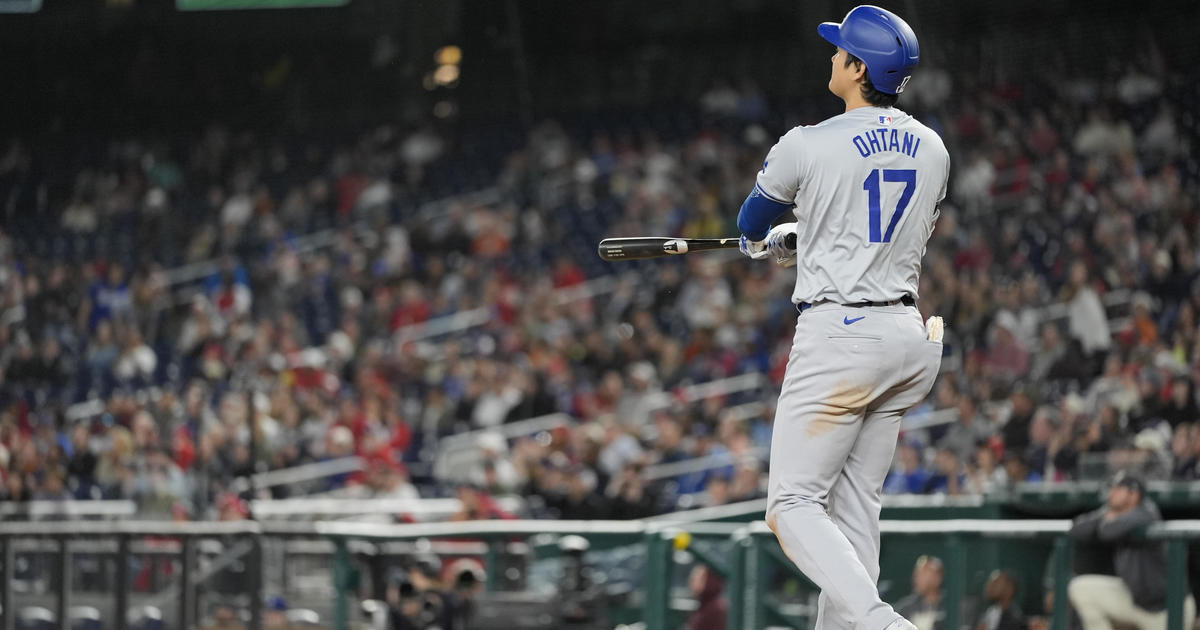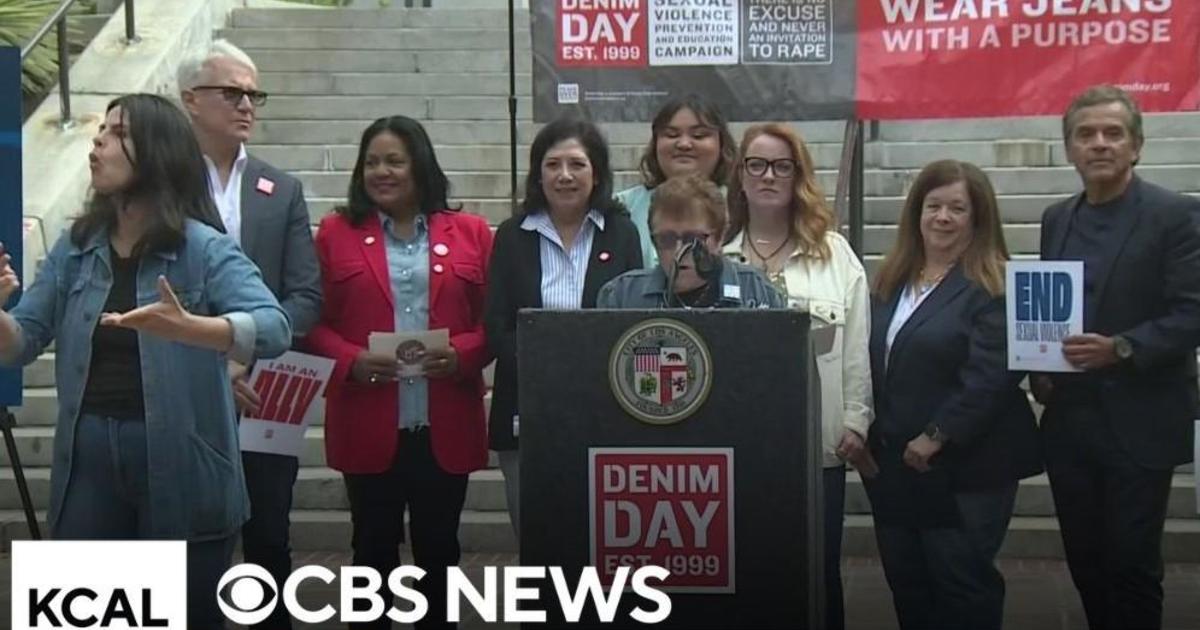Researchers Explain How A Robot's Gaze Can Slow Our Ability To Make Decisions
LOS ANGELES (CBSLA) - If you've ever made eye contact with a robot, you know it can unsettling experience. Now, thanks to researchers in Italy, we also know it's more than just a queasy feeling that scientists call the "uncanny valley."
A team at the Istituto Italiano Di Tecnologia (IIT) in Genoa have shown how a robot's gaze can trick us into thinking we are socially interacting and slow our ability to make decisions.
"Gaze is an extremely important social signal that we employ on a day to day basis when interacting with others," said Professor Agnieszka Wykowska, lead author of the research, published Sept. 1 in the journal Science Robotics.
The team asked 40 volunteers to play a video game of "chicken" against a humanoid robot, where each player has to decide whether to allow a car to drive straight toward another car or to deviate to avoid a collision.
Between rounds players had to look at the robot, which would sometimes look back and other times look away.
In each scenario, the scientists collected data on behavior and neural activity via electroencephalography (EEG), which detects electrical activity in the brain.
"Our results show that actually the human brain processes the robot gaze as a social signal and that signal has an impact on the way we're making decisions, on the strategies we deploy in the game and also on our responses," Wykowska tells Reuters.
The findings have implications on where and how humanoid robots are deployed in future. According to a report by the International Federation of Robotics, worldwide sales of professional service robots had already jumped 32 percent to $11.2 billion between 2018 and 2019.



